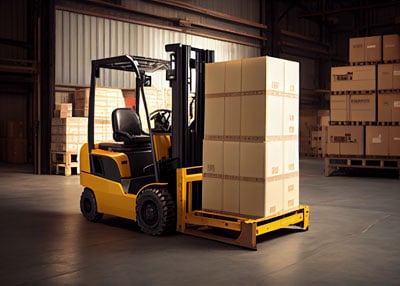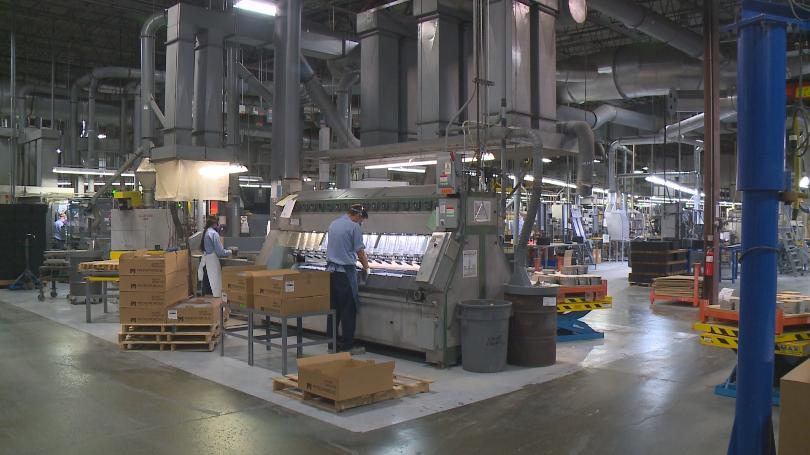Batteries, especially batteries for specialty vehicles and equipment, don’t come cheap. But for purchasing managers who keep a close eye on their project budget, it’s tempting to shop around for the best deal.
Is bargain hunting worth it when it comes to supplying your customers with batteries? And more importantly, is it the best way for battery dealers to grow a sustainable business and maintain your reputation? Keep reading to find out.
Are Bargain Shoppers the Best Market?
As a dealer, it is up to you to decide who your customers will be. There are many battery dealers, both online and with brick and mortar locations, that aim to be the cheapest place to buy these types of batteries. Dealers hoping to compete with these types of bargain basement places can easily find batteries with unrecognizable brand names and untested results that are the cheapest option. But when you are competing on a cost basis, you are competing for bargain shoppers. Consumers and businesses that are bargain shopping rarely have a sense of loyalty and will be happy to move on to the next dealer the moment they offer an incentive to do so. As a dealer, this means you are stuck in a constant race to the bottom.
Cheap Batteries Fail Faster
Providing the cheapest battery available is setting your buyers up to fail. Rather, it’s setting their batteries up to fail. Batteries that come at the lowest cost have a tendency to fail faster. Batteries can fail for many different reasons (including how they are used and unpredictable factors like weather), but manufacturing processes is a large contributor. Manufacturing batteries includes many moving parts and if the process is not automated and constantly monitored, it is too easy to end up with batteries that have problems that lead to short circuits, leaks, unreliable connections and contamination. These battery issues lead to battery failure, which leads to needing to shop for a new battery.
A Brand to Protect
But does a more expensive battery ensure a longer life? Not necessarily. However, if you want to provide your customers with batteries that last longer, brand names make a difference. When a company has a reputation for their durable, reliable batteries, they have more reason to ensure that the manufacturing process they have in place is set up to maintain that reputation. Not all brands are created equal, of course, but one of the most important differences between name brand battery manufacturing processes and generic companies is quality assurance and management. Indeed, it is quality assurance that can help to prevent the potential issues that lead to failure as mentioned above. When systems and checks are put into place to prevent inconsistencies in manufacturing, you mitigate the risk of unreliable batteries being manufactured.
As a dealer, you want to be able to provide your customers with the best battery at the best price. When you shop for your store based solely on battery cost, you put yourself at risk of selling a battery that could fail at an inopportune time, damaging your own reputation. Bargain shopping for batteries is tempting, but is not the best way to grow a sustainable business based on the trust of your customers.
Learn how battery maintenance can extend the life of all batteries in our maintenance and safety guide:












